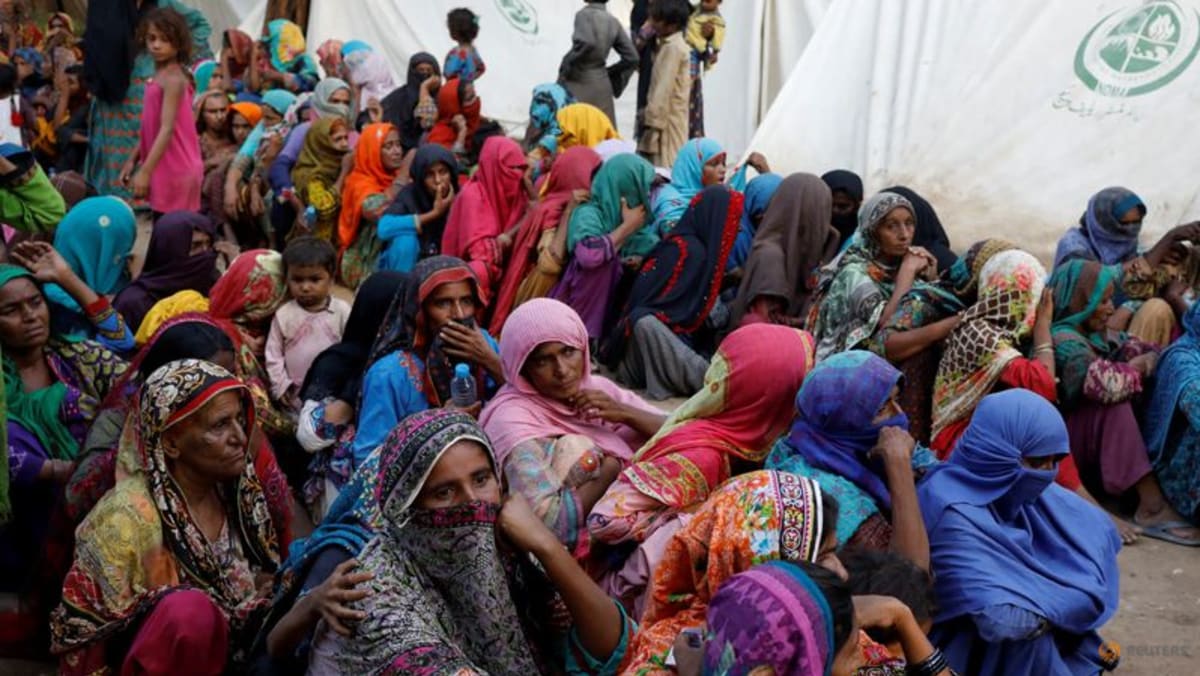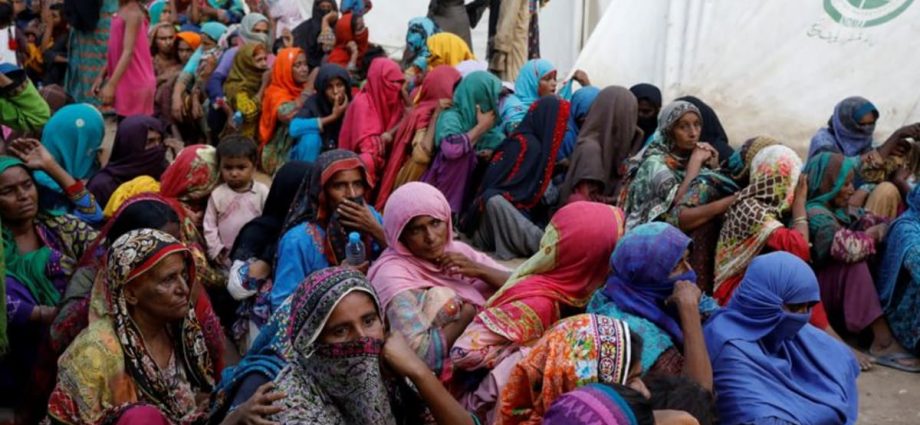
GENEVA: The United Nations has revised up its humanitarian appeal for Pakistan five-fold to US$816 million from US$160 million as it seeks to control a surge in water-borne diseases following the country’s worst floods in decades, an official said on Monday (Oct 3).
Nearly 1,700 people have been killed in floods caused by heavy monsoon rains and melting glaciers in a crisis that the government and the UN have blamed on climate change.
“We are now entering a second wave of death and destruction” Julien Harneis, UN Humanitarian Coordinator for Pakistan said at a Geneva briefing.
“There will be an increase in child morbidity and it will be pretty terrible unless we act rapidly to support the government in increasing the provision of health, nutrition and water and sanitation services across the affected areas,” he said.
Hundreds of thousands of Pakistanis who fled their homes are living in government camps set up to accommodate them, or simply out in the open.
Stagnant floodwaters, spread over hundreds of square kilometres (miles), may take two to six months to recede in some places, and have already led to widespread cases of skin and eye infections, diarrhoea, malaria, typhoid and dengue fever.
The crisis hits Pakistan at a particularly bad time. With its economy in crisis, propped up by loans from the International Monetary Fund, it does not have the resources to cope with the longer-term effects of the flooding.

